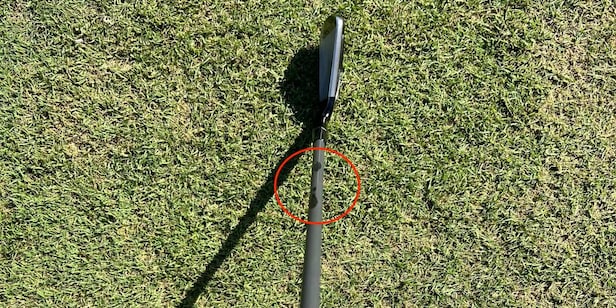Former golfer’s message as bowel cancer screening rates drop

- by Admin
- June 13, 2024

Participation rates in the National Bowel Cancer Screening Program have fallen for a second year, causing concern amongst experts.
This figure is a further drop of almost one per cent on participation rates in 2021, which were 40.9 per cent.
Bowel Cancer Australia CEO Julien Wiggins said in a news release the decrease in participation rates was worrying.
“This is the second consecutive year of declining participation rates since 2020, which is of concern, given the program’s life-saving potential as 99 per cent of bowel cancer cases can be successfully treated when detected early,” he said.
Of those who chose to take a bowel cancer screening test as part of the program in 2022, almost 65,000 or 5.7 per cent of participants received a positive result, meaning blood was detected in the faeces sample provided.
However, even those with a positive result were not acting promptly enough, Wiggins said.
Only 13.5 per cent were recorded as having received a colonoscopy within the recommended 30-day timeframe, down from 15.6 per cent in 2021.
“The opportunity for early detection is lost if a positive screening result is not promptly followed by a colonoscopy,” Wiggins said.
Bowel Cancer Australia ambassador and former golfer Mark Allen told Nine radio station 3AW this morning the test was a “yuck thing to do, but it could save your life”.
Allen was diagnosed with stage four bowel cancer at the age of 49, at a time when he thought he was perfectly fit and healthy.
“I was planning on going in the senior’s tour so I was back in the gym and I was breaking records,” he said.
However, Allen said he made an appointment to see a doctor because he noticed some blood when he went to the toilet.
Six months later, a colonoscopy revealed the bad news.
Allen said the symptoms of bowel cancer were often vague and easy to ignore.
“The reason it’s the biggest killer is because you don’t know you’ve got it. So you’ve got to be vigilant on the symptoms,” he said.
Bowel cancer cases have been on the rise in young people worldwide, with one in nine new bowel cancer cases now occurring in people under age 50.
This year, the eligibility age for the National Bowel Cancer Screening Program has been lowered in a bid to address the issue.
From July 1, people aged 45-49 can opt-in and request their first bowel cancer screening test be mailed to them.
Bowel cancer claims the lives of 5300 Australians each year.
The Latest News
-
January 12, 2025How Graf and Hingis are inspiring teenage star at Australian Open
-
January 12, 2025Unprecedented review system to add spice on stadium courts
-
January 12, 2025Healy produces ‘brilliant’ knock as Aussies draw first blood
-
January 12, 2025Hometown stars Healy, Gardner power Aussies to Ashes opener win | cricket.com.au
-
January 12, 2025Aussie quick makes ‘tough call’ amid injury battle





